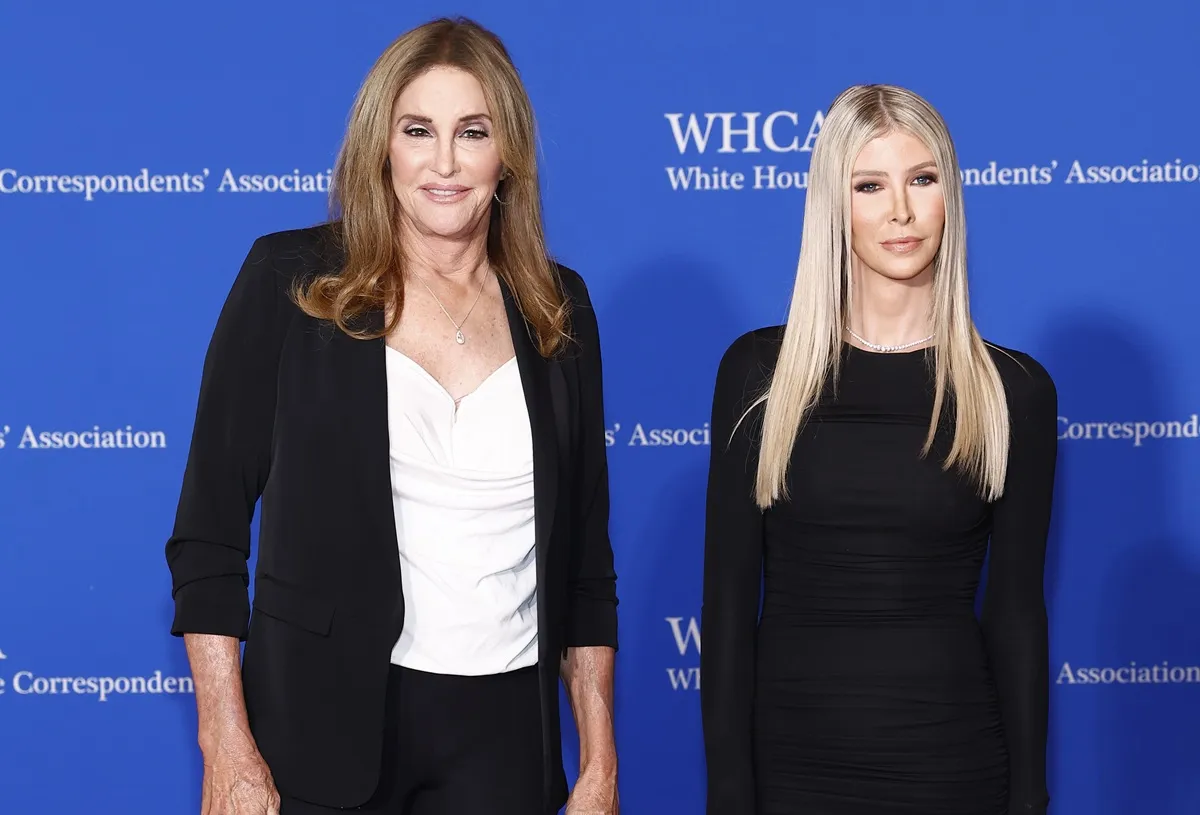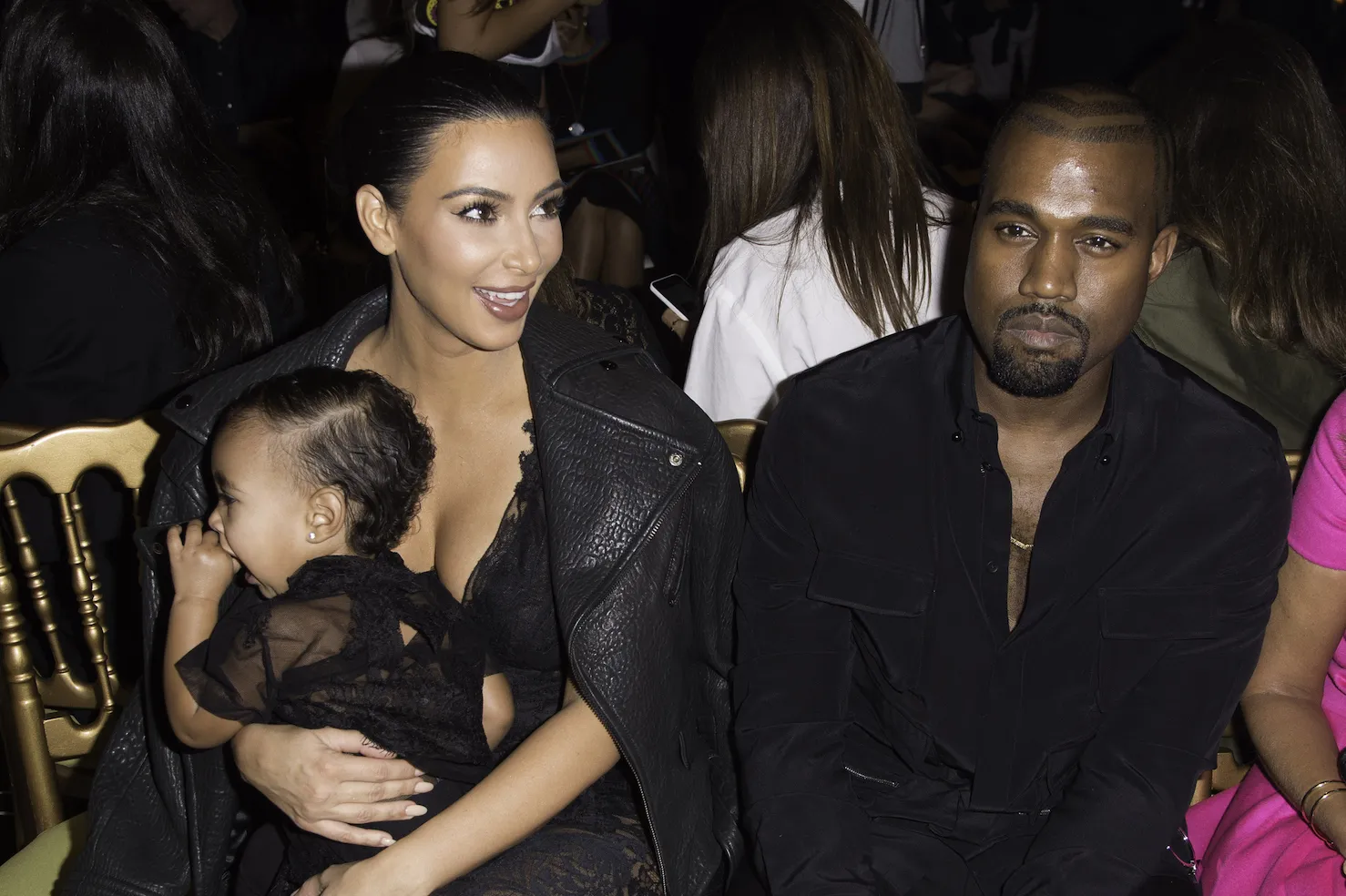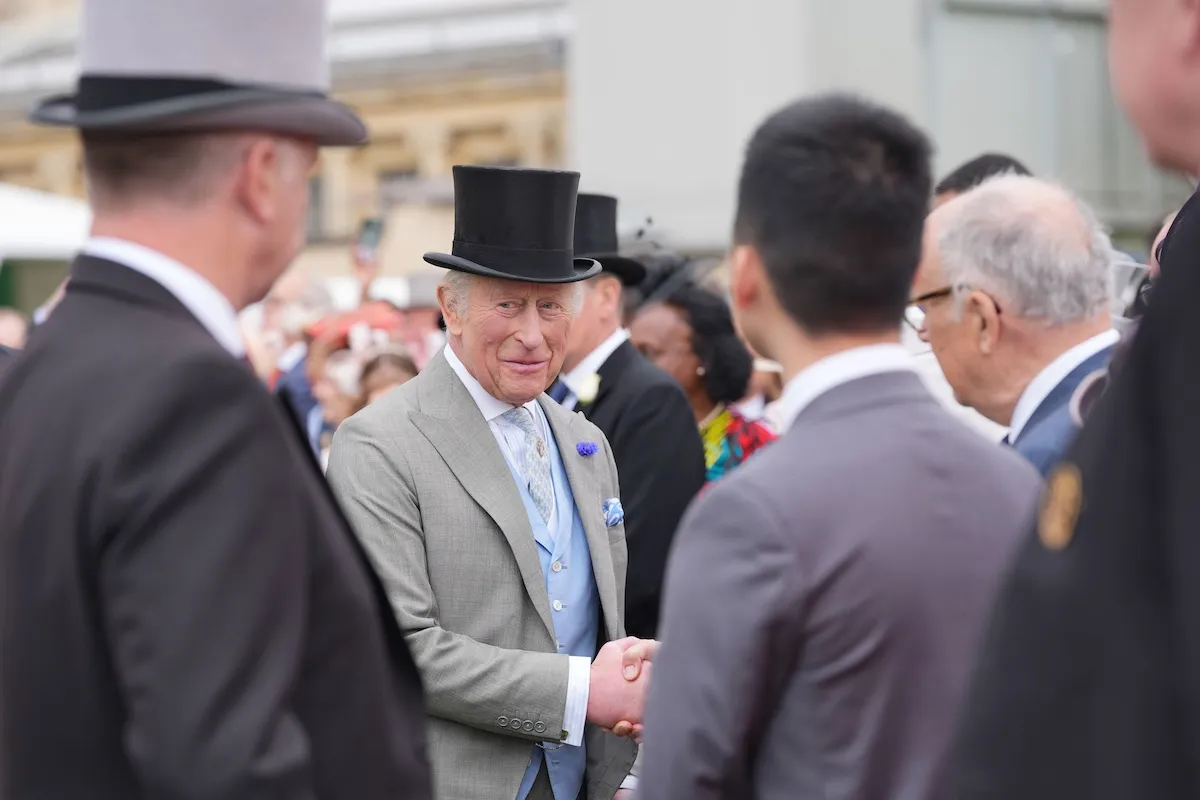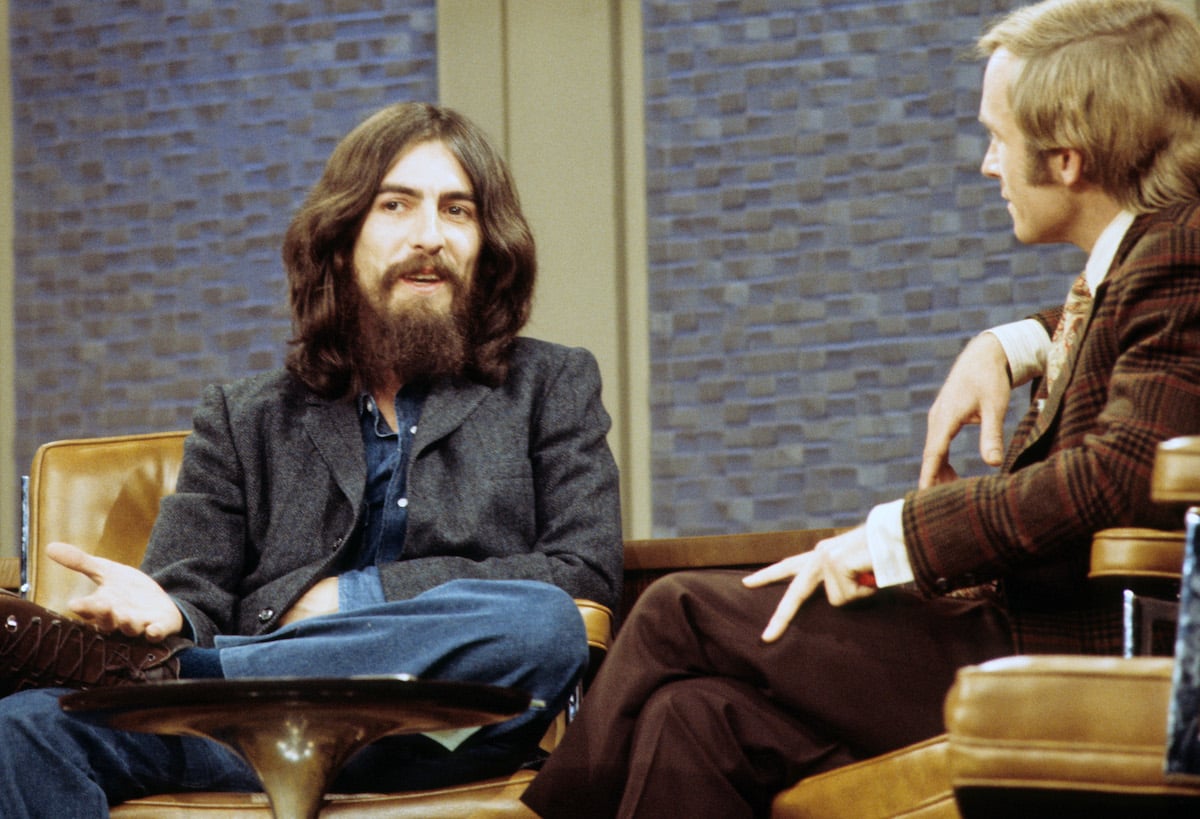
George Harrison Called This Popular Product ‘Such a Load of Rubbish’
Over 70 million people tuned in to The Ed Sullivan Show on Feb. 9, 1964, to watch the Beatles’ first live U.S. television performance. The Fab Four captured America’s hearts and forever secured a place in pop culture history. Despite TV’s role in the group’s immense success, lead guitarist George Harrison claimed he was not a fan of American television. Many of us can probably relate to his reason.
Why did George Harrison hate American television?
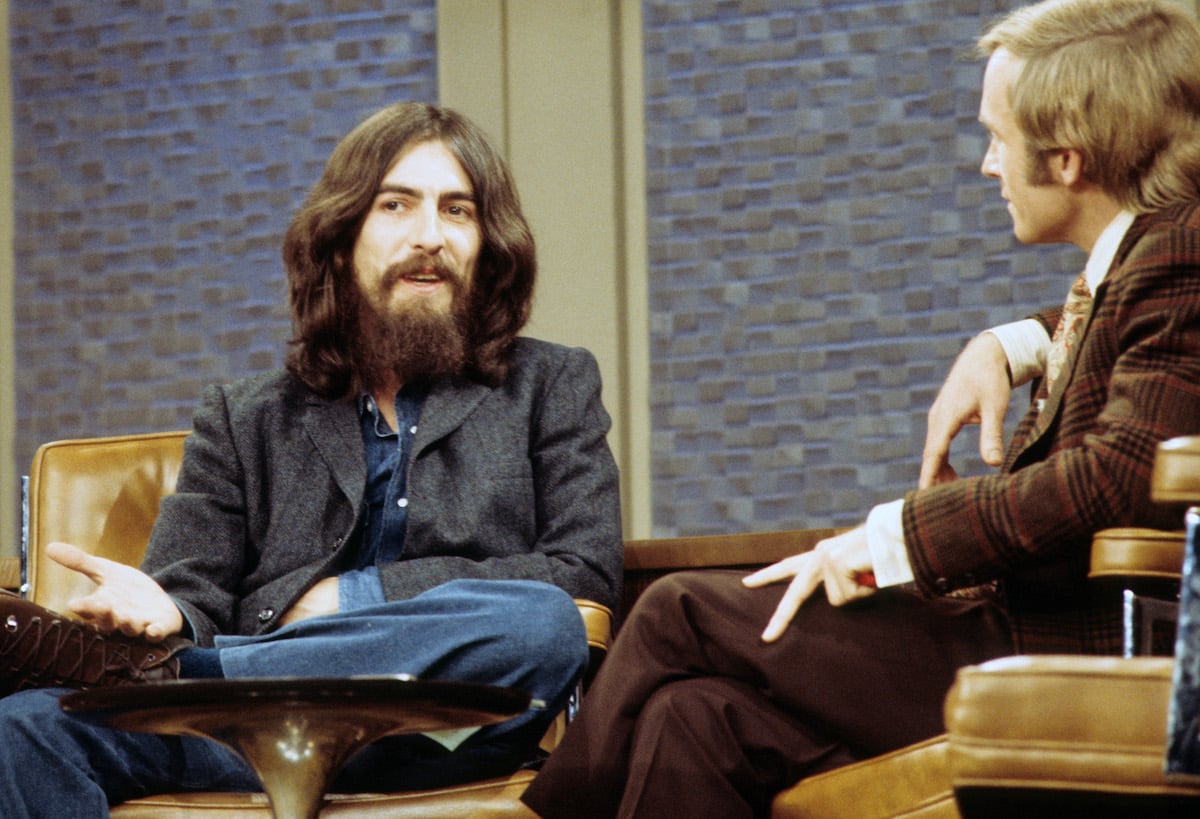
In a 1971 interview on The Dick Cavett Show, Harrison said he didn’t watch television in America because “it’s such a load of rubbish.”
The world-famous rocker explained, “It just drives you crazy — the commercials. You just get into something and then, ‘Sorry, now, another word from and another word from.'”
The “Here Comes the Sun” songwriter said, “In the end, you know, they just put commercials on all the time.”
Asked whether British TV had advertisements, Harrison responded, “Yeah, but it’s really done good.”
Harrison was fair in his assumption. According to Tint, “As the prevalence of TV spread, viewing became a core experience in American culture, with the vast majority of households having their own TV.” By 1976, more than 69 million U.S. homes had at least one TV set, and viewers were tuning in for over six hours a day. Advertisers began moving away from newspaper and magazine spots and putting their money into television, changing how brands interacted with consumers.
According to Parade, as of 2022, approximately 15 minutes of commercials run during a one-hour program. In contrast, according to the BBC, current British TV rules state the “total amount of advertising in any one day must not exceed an average of seven minutes per hour of broadcasting.”
George Harrison preferred the format of British television
Harrison further explained to Cavett that commercials ran on British TV before the beginning of a 30-minute show. He said that after about 15 minutes, viewers heard a ding, the screen read, “end of part one,” and then the programming went to a commercial.
After the end of the commercials, the screens read, “part two,” and the show returned. The “quiet Beatle” complained that commercials on American television were all over the place, from “one to the next, and you don’t know if it’s a commercial or it’s the show.”
He also recommended bringing Monty Python’s Flying Circus to American TV.
The guitarist also had a problem with ‘American Bandstand’ icon Dick Clark
In 1979, TV producer Dick Clark produced Birth of the Beatles, a biographical film about the boys from Liverpool’s extraordinary rise to fame. Harrison became annoyed with Clark, who constantly asked the band for more material for the project.
In a 1987 interview with Creem Magazine, the legendary musician griped about Clark’s behavior. “Y’know, all he does is send you letters: ‘Can I have a clip of you doing this? Can I have a clip of you doing that? I’m making another movie about you and the history of this and that, and you’re in it, and I’ll give you $2 if you’ll let me have it in,'” Harrison said.
“You get to the point of saying, ‘F*** off, Dick. Think of your own ideas. You’re not getting any more of our s***.”
Despite his aversion to American television, George Harrison found the United States to be a constant inspiration. In a 1987 interview with radio DJ Scott Muni (via CBS News), the former Beatle said, “We used to look to America for all those great records and clothes and guitars, and anything good seemed to be from America.”
